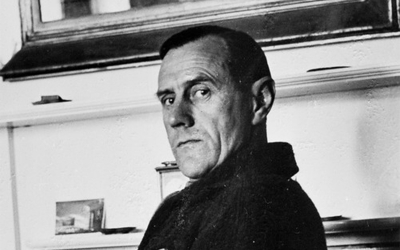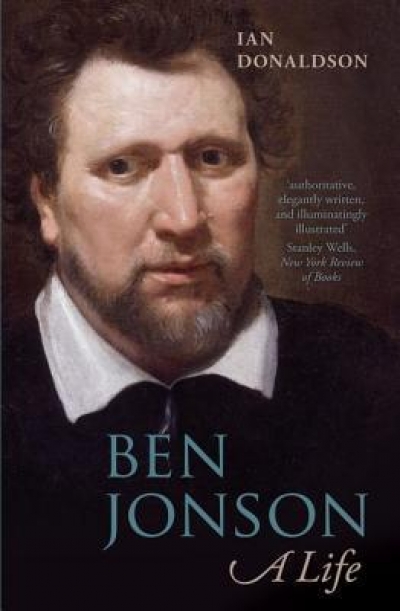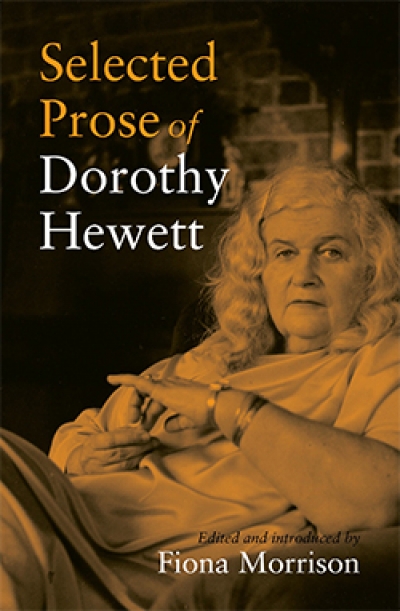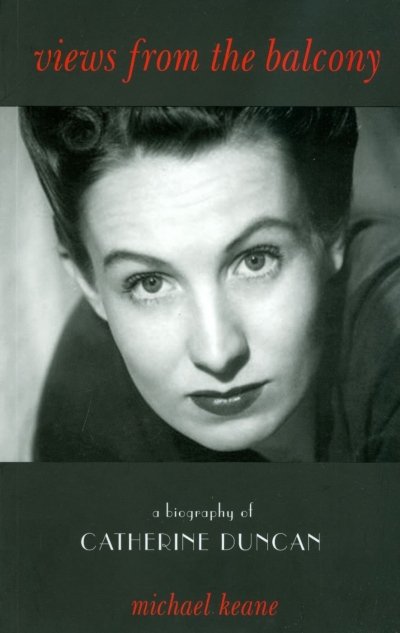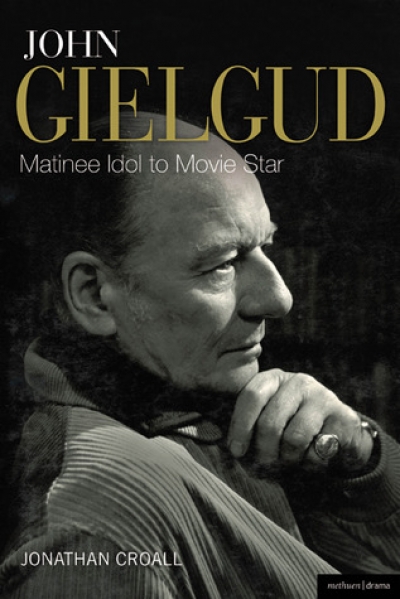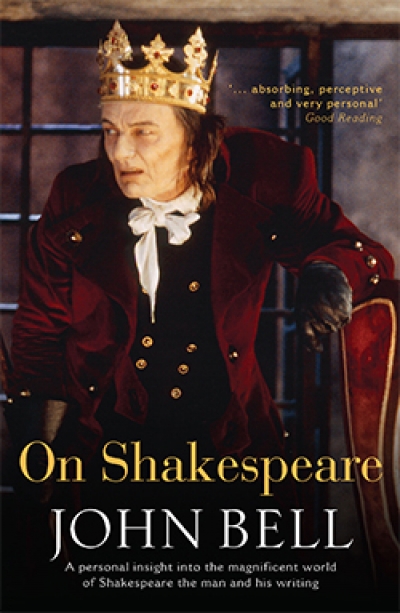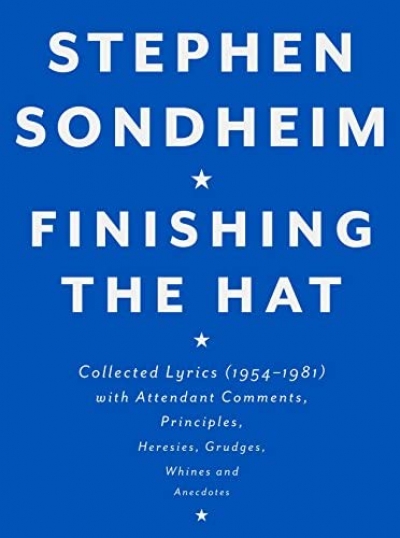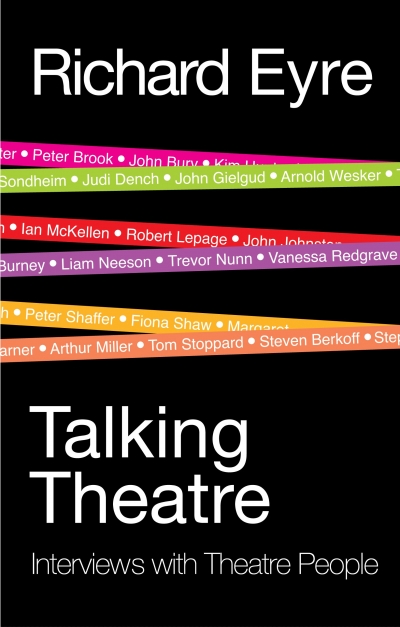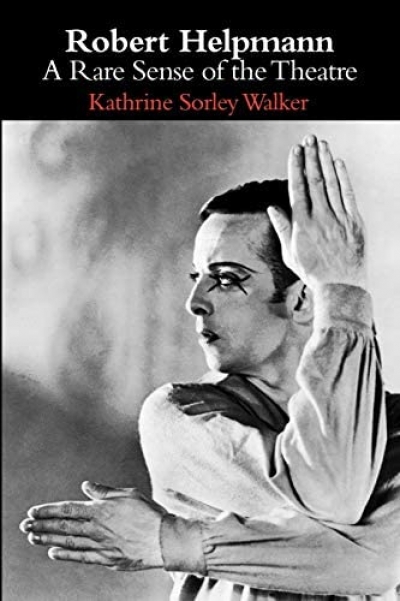Theatre
By the time I found him twenty-five years ago in the Adelaide Hills, Glen McBride was old, tiny, spry, and ready to boast about his career. I doubt many readers have heard of this little man or know of his pivotal role in the literature of this country. That’s what had me knocking at his door. And though he disowned none of it in the hours we spent ranging over his life and times, what really perked him up was confessing his part in the salami and sausage business in that part of the world.
... (read more)I first saw Summer of the Seventeenth Doll in 1957 in London, of all places. I remember feeling some pride in seeing the symbolic kewpie doll presiding over the New Theatre in the heart of the West End. June Jago’s performance as Olive has stayed with me over the years; Philip Hope-Wallace, the Guardian reviewer, described her as ‘all chin and elbows, but as genuine a dramatic actress as you could find’, which suggested an element of surprise that she should be ‘found’ in Australia. Jago had been in the original 1955 Union Rep production and placed her stamp on Olive: she was to be a hard act to follow. When The Doll came to London, it had already won itself a unique place in Australian drama, but there had been some concern about how the Brits would receive a play about rough canecutters and free-and-easy barmaids. But critics like Hope-Wallace – and the influential Kenneth Tynan – hailed ‘this harsh, cawing, strongly felt play’. The imperial imprimatur sealed the success of The Doll. Its later failure on Broadway could be dismissed as a judgement on American audiences rather than on the play.
... (read more)
